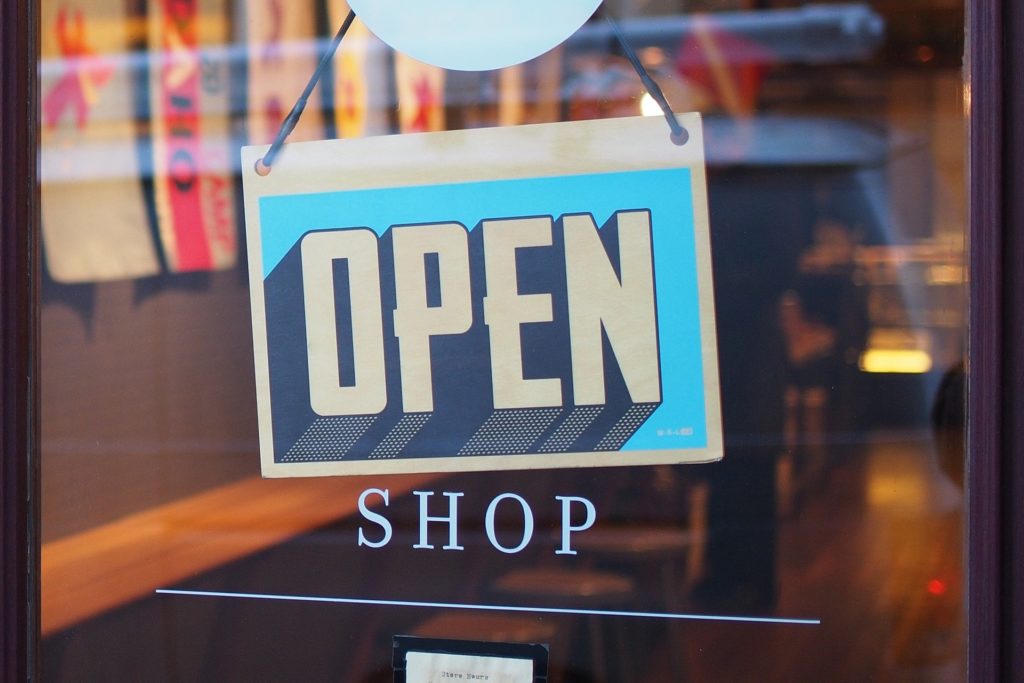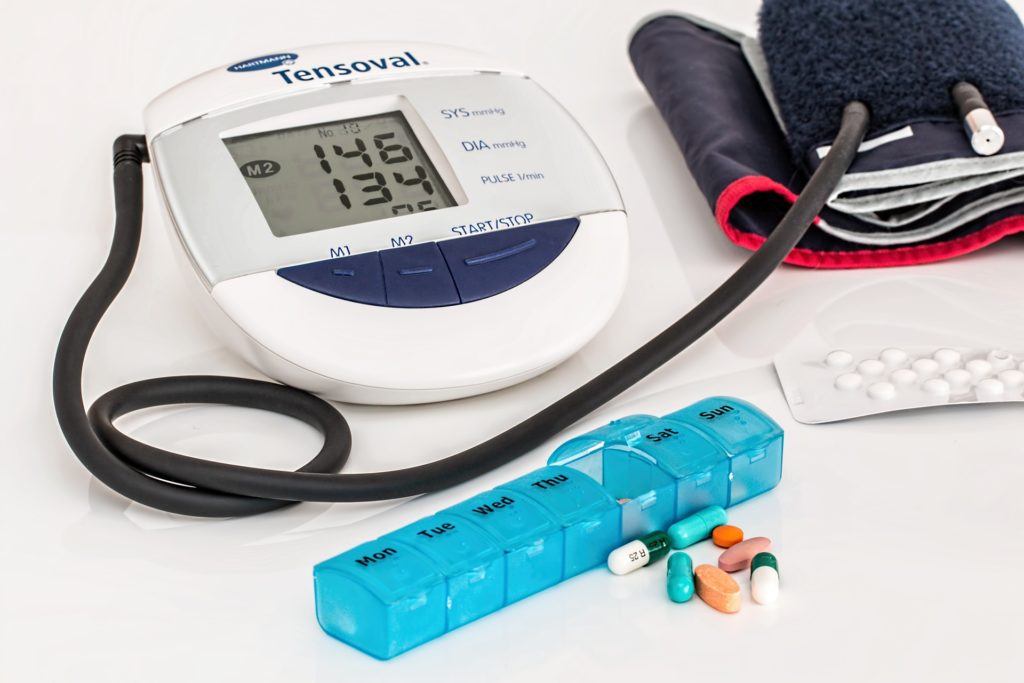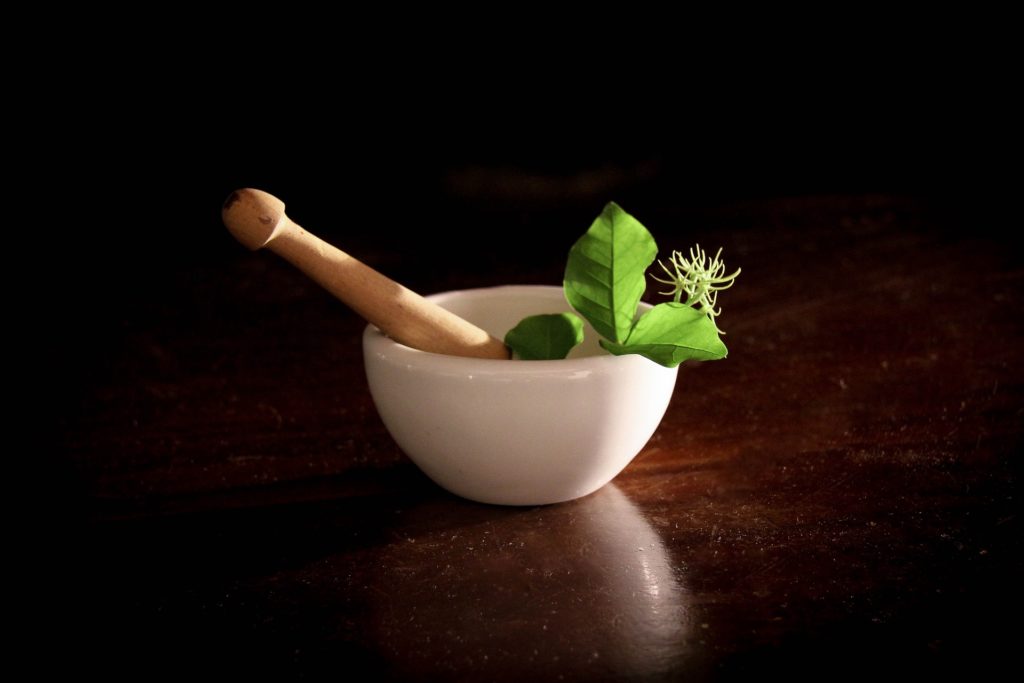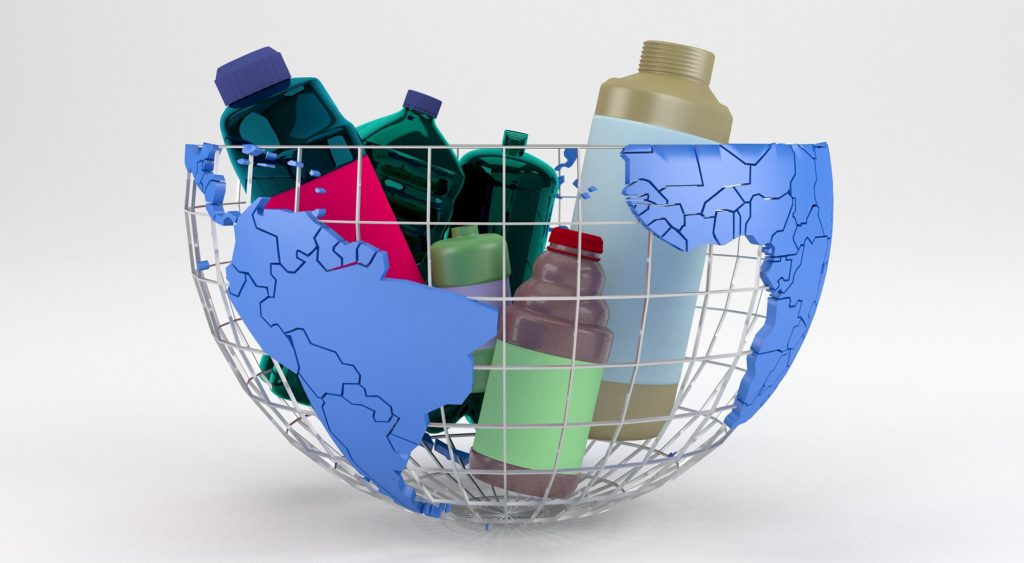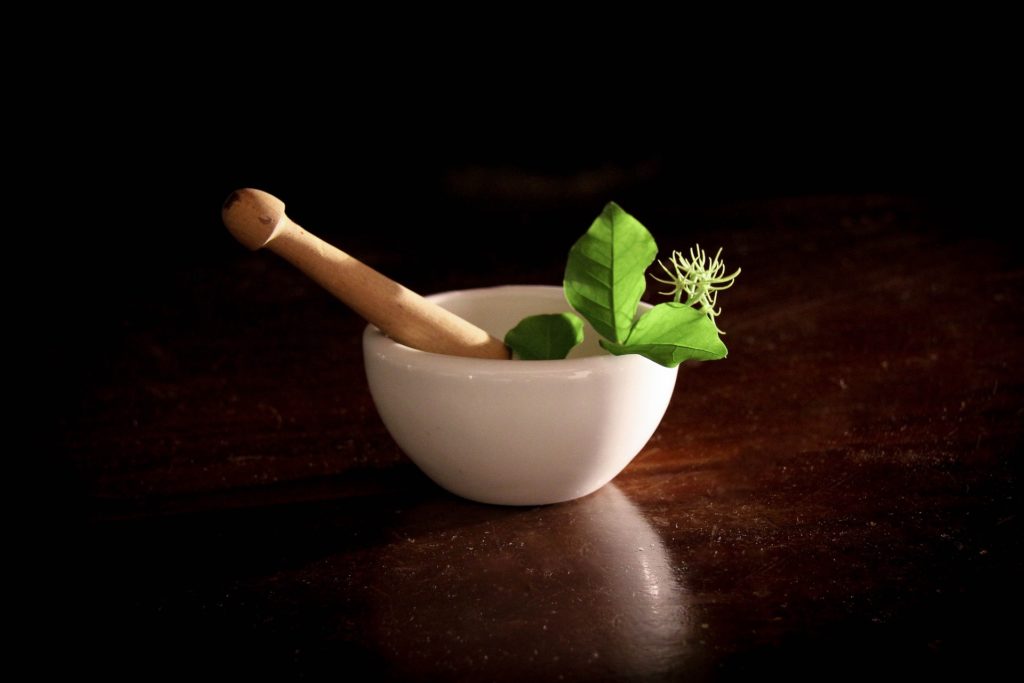Once you have decided to try CBD, you are faced with a decision as to where to buy the product. There are many outlets that sell CBD, including gas stations, individuals, online, or a health food store. The fact there are so many places to buy CBD, can make finding the right place rather difficult.
LOOK FOR THE SPECIALISTS
One idea is to stick to the places that specialize in CBD. In this way you can ensure you are getting the correct information about the product and how to use it. The places that specialize in CBD can direct you to the product that will best suit your specific situation and can advise you on what to expect from the product. They can answer questions such as, should you use a topical or a product that is systemic? Or, which would better suit your particular condition or ailment?
WATCH OUT FOR PRODUCTS THAT ARE NOT WHAT THEY SAY THEY ARE.
A friend of mine called me and asked if I had a topical product. I answered that I did but quizzed him about what he was trying to accomplish. After talking with him for a few minutes, I determined a tincture would be the better product for him. He explained he had already tried a tincture and that it had not worked for him. As we talked further, I discovered he had purchased a product that had little CBD in it. In fact, it was mostly hemp oil, which is good for the skin, but will not work the same as CBD oil. He had purchased the product from a door to door salesman who really didn’t know what he was selling. Such is the case often when CBD is purchased from places or individuals who really don’t know enough about the product to be helpful.
BUYER BEWARE
The previous story illustrates why it is so important to visit with the specialist who can help you find the right product and to insure you are getting what you are paying for. As we have stated before in this blog, always ask to see the Certificate of Analysis (COA) which will list all the elements in the product and will have the exact amount of CBD that the product contains. The specialists will always have COA’s for each product they offer. In addition, they will be knowledgeable about their products and can help you find the best one to suit you and all your needs.

